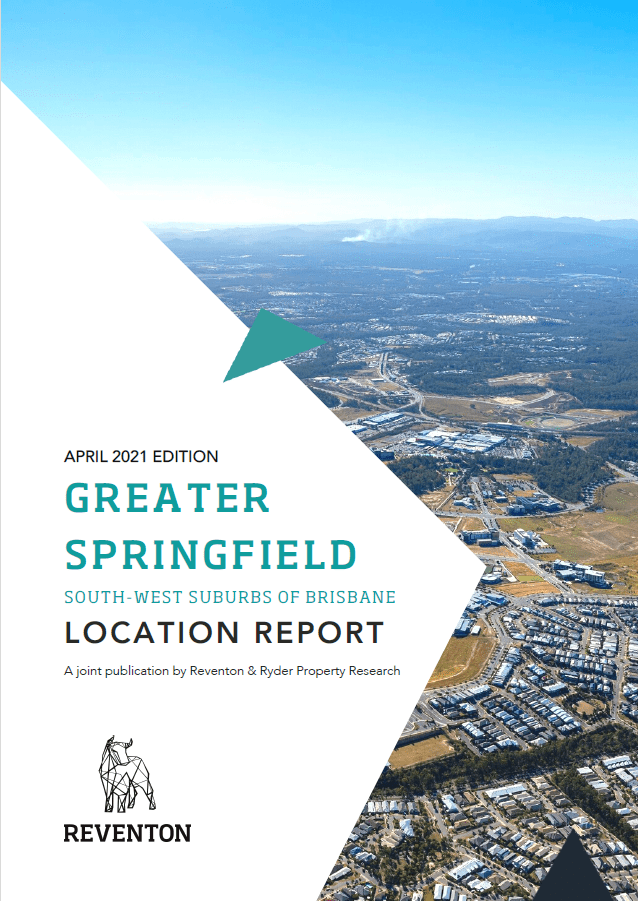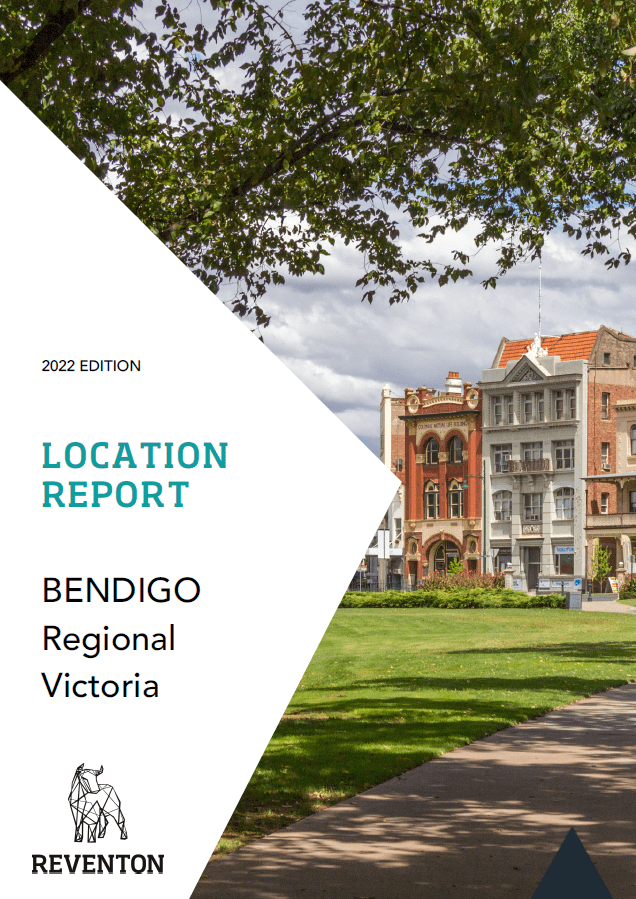Is Debt Consolidation a Cure for the Christmas Debt Hangover?
It’s just after the new year and one of your new year resolutions is to save more money. You have now decided to do something about your finances so that you can cut down on any unnecessary expenses without wanting to change your lifestyle. You ended up maxing out your credit cards buying Christmas presents for your friends and family and are now left with a huge credit card debt along with your car loan and a mortgage to boot. Sounds familiar? Well, you are not alone.
If you find yourself in this situation, one of the easiest ways to manage all your debts is by consolidating them. Continue reading to learn what is debt consolidation and how it can help you reduce your repayments without changing your lifestyle.
What is debt consolidation?
Debt consolidation is the process of combining all your debts into one single loan that has an overall lower interest rate. It works when you combine multiple debts like credit cards, car loans and personal loans into one single lower interest loan that can save you money on interest payments.
What kind of debts can be consolidated?
You can consolidate credit cards, personal loans, secured loans (for e.g., car loan), unsecured loans, medical bills and even utility bills. This will depend on which lender you consolidate your loan with and what their lending policy is. Your mortgage broker should be able to provide you with options suitable to your individual circumstances.
Why should you consolidate your debt?
So by now, you must be thinking as to why you should take out another loan to pay off your current loans. There are two main reasons: one is you’ll be paying a lower interest rate which means that you save money and the second being that it will simplify the multiple repayments that you make into a single repayment that is much easier to manage. By doing this, you’ll know exactly when your debt will get paid off rather than trying to keep track of the multiple loans that will most likely have varying interest rates and repayment periods.
What are the pros and cons of debt consolidation?
Pros:
- Savings: The overall lower interest rate on the consolidated debt will save you interest money over the life of the various loans that you have consolidated.
- Single repayment: All your repayments will be combined into a single repayment making it easier to keep on top of the payments.
- Easier to budget: Since you only need to make one repayment now, it will be easier for you to make a budget that you can stick to. You won’t be overwhelmed with budgeting for multiple loans with varying interest rates and repayments.
- Avoid bad credit rating: By consolidating your debts into one loan, you will not only avoid missing any repayments but will also stop your debts from spiralling out of control.
Cons:
- Exit fees: Some of your existing loans may have exit fees associated with them. Ensure that you include these fees in the calculations before closing any debts. If done correctly, debt consolidation should save you money even after paying the exit fees.
- Government charges: Depending on what type of loans you consolidate, there may be government fees or charges involved. Again, ensure that you include these costs in any calculations.
Be cautious when approaching lenders for debt consolidation and beware of businesses that make unrealistic promises. The Australian Government’s MoneySmart website lists some tips and guidelines around this. We recommend seeking the advice of a qualified mortgage broker if you need more information. You should check reviews on Google and other trusted websites and do your own due diligence too.
Now, let’s put what you just learned into practice and discuss with the help of an example. Meet John Smith. John is 34 years old, is married with two kids and owns his own home, albeit with a mortgage. He had a lovely time catching up with friends and family over Christmas and New Year. Like many Australians, John ended up maxing out his credit cards and spending a lot more money over the holiday season than he planned for. He is now stuck with the following debts:
Credit Card A (interest rate 19.89%) = $6,000
Credit Card B (interest rate 20.25%) = $7,500
Credit Card C (interest rate 21.5%) = $ 6,500
Car Loan (interest rate 8.7%) = $35,000
Home Loan (interest rate 2.99%) = $450,000
Total debt = $505,000
His repayments for the above debts before debt consolidation are:
Credit Cards = $760/month
Car Loan = $693/month
Home Loan = $1,897/month
Total repayments before debt consolidation = $3350/month
John decided to do something about this and met with David, a mortgage broker from Reventon to see if he could do something to reduce his repayments. David consolidated all of John’s debt into one loan at an interest rate of 2.29% and his new repayment amounts to only $1941/month.
Total repayments before debt consolidation = $3350/month
Total repayments before debt consolidation = $1941/month
Total savings = $1409/month
Not only is John saving thousands of dollars but he now needs to manage only one repayment rather than five different repayments every month.
If you have a mortgage along with a car loan, personal loan or credit card debt, get in touch to check if you can reduce your repayments and save. Contact us and we will be in touch to book in a consultation with a mortgage broker.




















